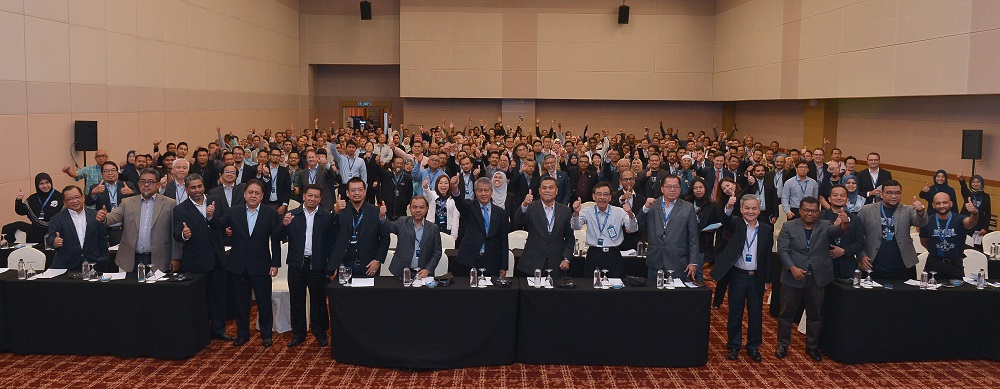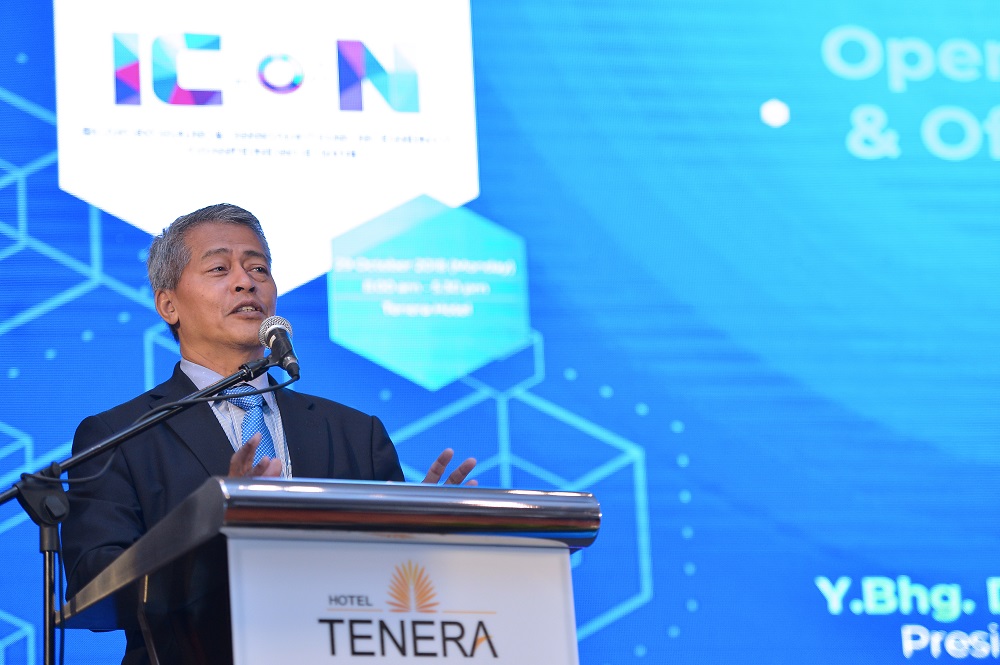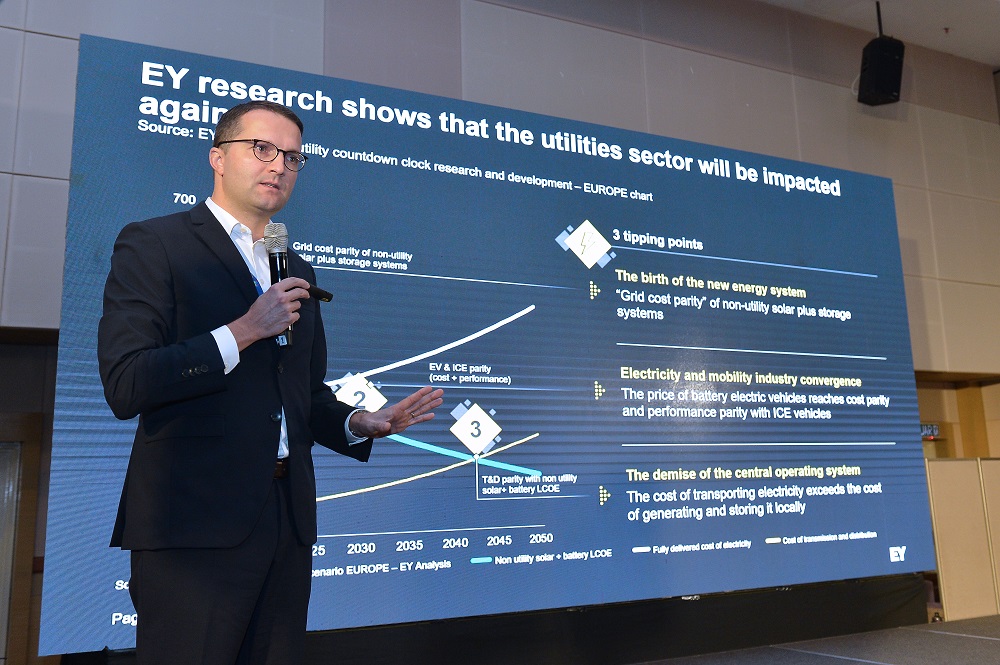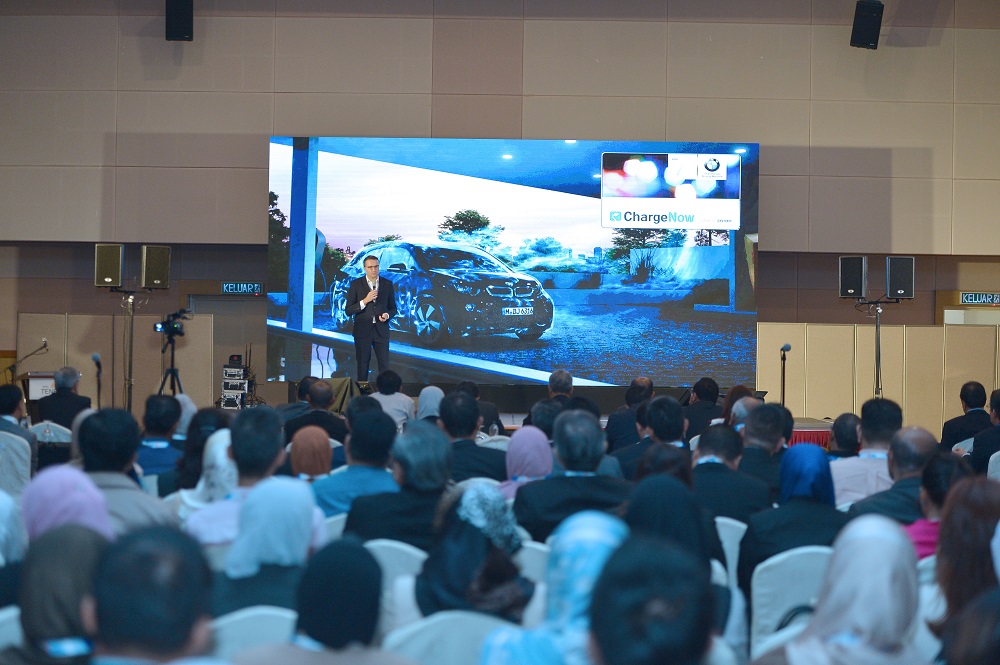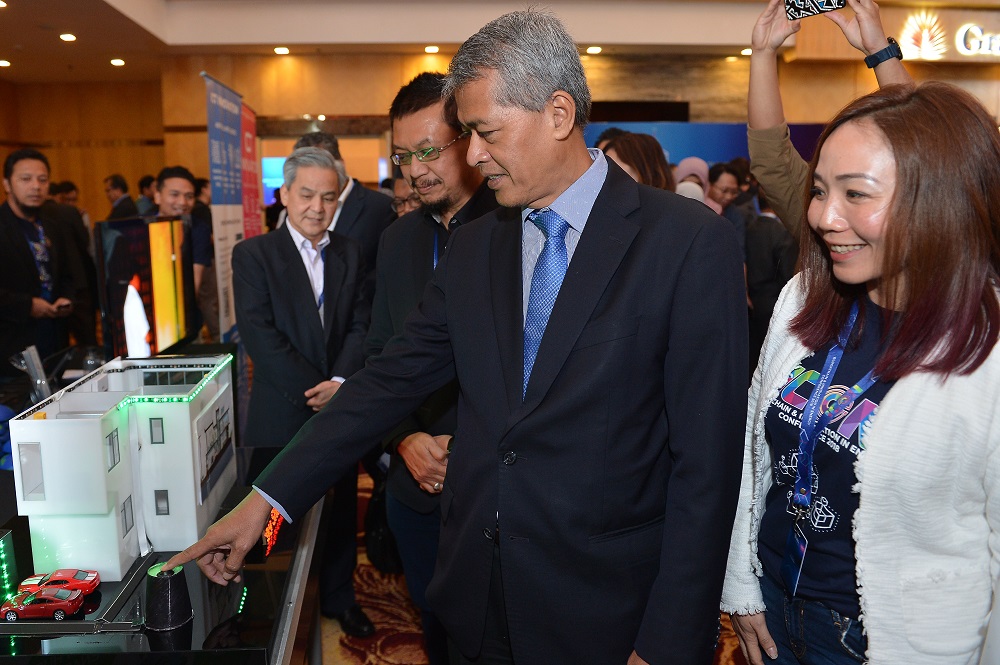Here's How Blockchain Could Allow Malaysians To Sell Their Own Solar Energy In The Future
That's passive income right there!
In the recent ICON Blockchain & Innovation in Energy Conference 2018, we got a glimpse of what the future of Malaysia could look like with blockchain
Powered by Tenaga Nasional Berhad (TNB), this conference brought together the brightest minds in the energy sector from Malaysia and internationally. The main topic of the conference was blockchain, and how it could revolutionise the energy sector in Malaysia.
But what is blockchain, and how does it work?
When people think of blockchain, the first thing that comes to mind is Bitcoin. However, blockchain is not limited to cryptocurrency, but it could become a foundational technology that changes the energy sector as we know it.
A blockchain is a shared ledger that records and verifies transactions between users without the need of a centralised system or authority. Within an energy setting, what blockchain does is open up the market for Malaysians to trade energy between each other, and each of these trades would be recorded and verified by multiple users within the blockchain network.
1. Imagine sharing your excess solar energy with your neighbours
Currently, we get electricity from the grid, pay our monthly bills to TNB, and the cycle continues. But James Chong, MD Digital ASEAN of Accenture, shared a vision of how the future of energy could look like within communities in Malaysia.
Instead of solely relying on one centralised energy source, users could be drawing energy from a variety of sources. That means you could be buying energy from TNB one day, and from your neighbour with solar panels the next day. You could also be a prosumer (producer and consumer) that generates extra energy that can be traded via the blockchain network.
2. Rent an electric vehicle, charge it up anywhere, and pay for your electricity without using your credit card or wallet
Thierry Mortier, Global Innovation Leader Power & Utilities of Ernst & Young, noted how electric vehicles could become a trend as we move towards a society conscious of our carbon footprint. While there are only 240 public charging stations in Malaysia currently, more and more Malaysians are opening up to the idea of using electric vehicles.
In the future, thanks to blockchain technology, you would be able to rent an electric car, charge it up at the nearest charging station, and pay for your electricity using cryptocurrency. You wouldn't even need your credit card or wallet!
3. You could choose exactly what kind of energy you consume
While we view electricity as just electricity, there are various ways it can be produced, like through fossil fuels, solar, or wind. Anand Menon, CTO Energy Management ASEAN of Siemens, mentioned how blockchain technology allows you to trace the journey of energy, all the way to its source of origin.
As a consumer, it allows you to be mindful and flexible when opting for energy sources. For producers, they will also be able to understand the trends of energy usage and plan out their supply in a more optimum manner.
The application of blockchain in energy is still in its infancy stages, and it will likely take a few years before we see its impact
Nevertheless, TNB has already been exploring the use of technologies like blockchain and artificial intelligence that will greatly shape the way Malaysians live in the future. For more of the latest updates, follow ICON Blockchain & Innovation in Energy Conference on their website.
